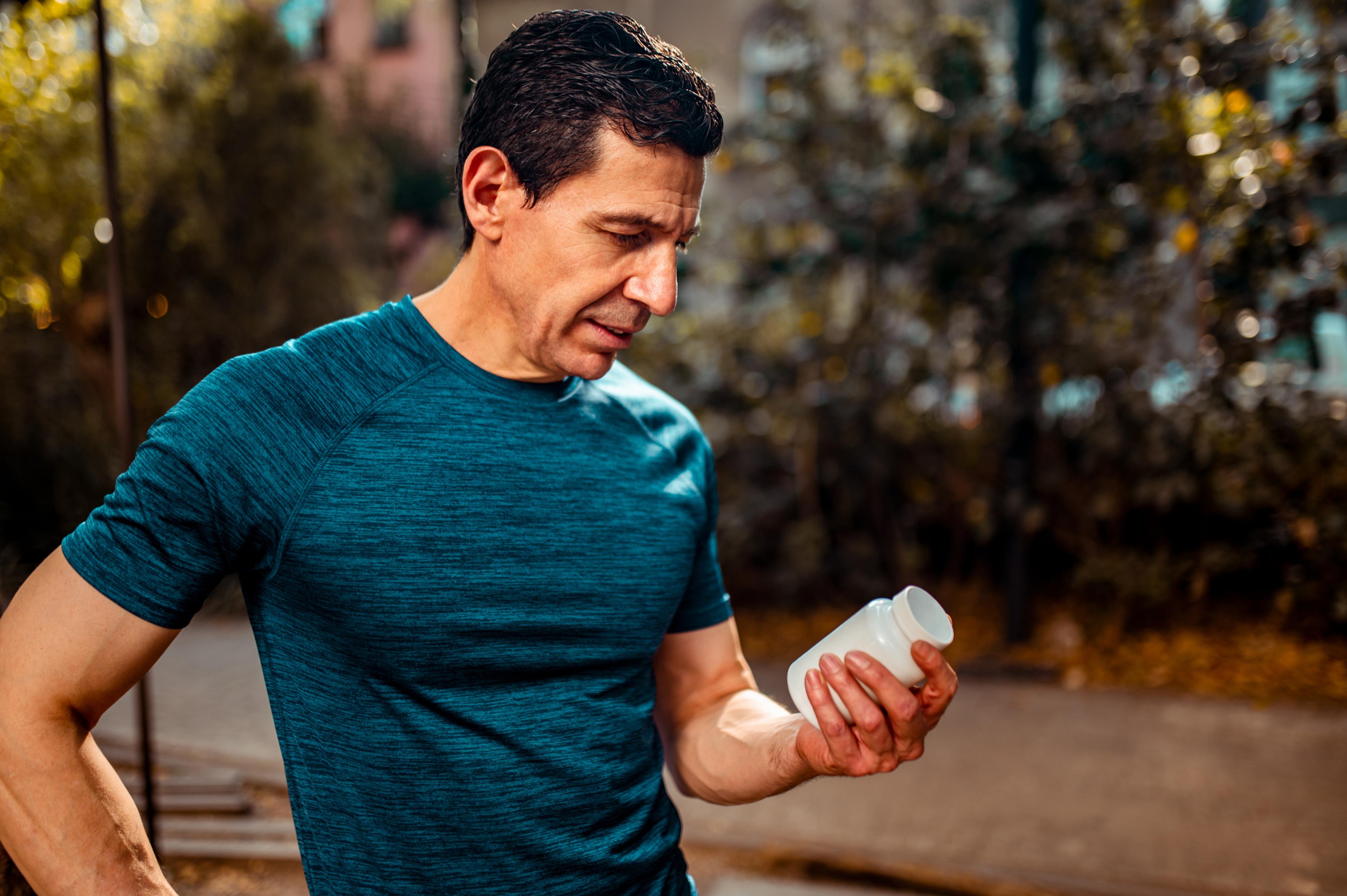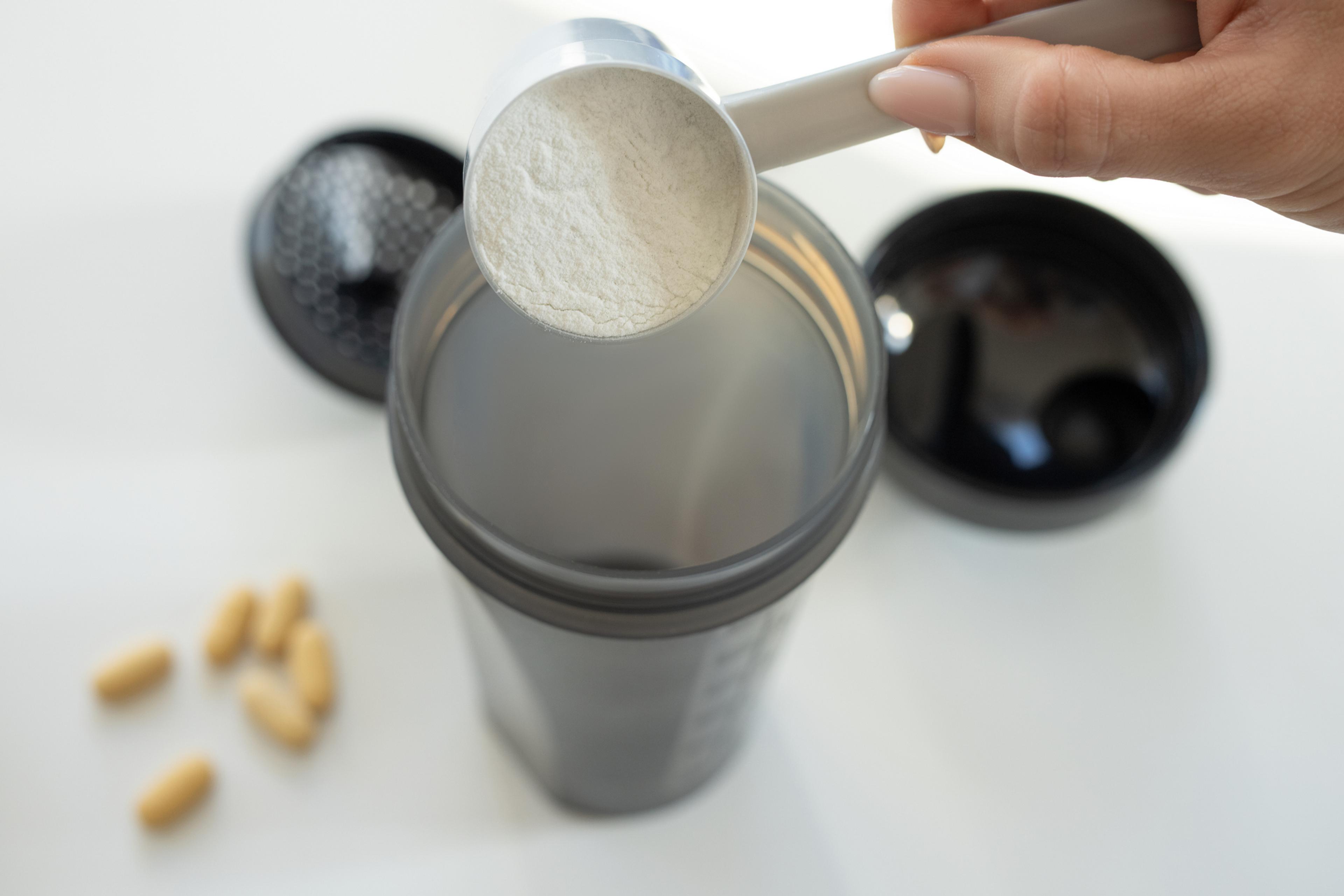Post-workout Bloating, Explained
Krystal Clark
| 2 min read

It’s no secret that regular exercise makes a positive impact on physical health. Increased strength, flexibility, and stamina are just a few of its many benefits. Yet, exercise can have a surprising side effect that transforms your body—in a negative way.
Have you heard of post-workout bloat? It’s a real condition that can undermine your entire routine. Despite a healthy and active lifestyle, it can leave you feeling swollen and out of shape. So, before your next workout, learn its many triggers and how to avoid them.
Dehydration: Working up a sweat can leave you high and dry. With a sudden loss of fluids, your body is forced to compensate by retaining as much water as possible. Unfortunately, this can lead to visible swelling, most notably in your midsection.
Hyponatremia: There is such a thing as too much water. Consuming excessive amounts can dilute sodium in the body leading to a condition called hyponatremia. When sodium levels drop, the body attempts to restore balance by filling cells with water. This causes them to inflate giving you a puffier appearance.
Stress: If you’re starting a new routine or returning from an exercise hiatus, the sudden surge in activity can be a shock to the system. Exercising pushes your body into a stressful state that signals the release of the hormone, cortisol. One of its primary side effects is fluid retention, which can lead to that tight, uncomfortable feeling.
Swallowing Air: Intense workouts can cause heavy breathing or shortness of breath. The more energy you exert, the more oxygen your body requires. As you breathe in, air may bypass the lungs and head straight to your gastrointestinal tract causing your stomach to expand.
Sports drinks: All sports drinks are not created equal. Most consist of artificial sweeteners that have an adverse effect on the body. Instead of being digested by the small intestine, artificial sweeteners sit in the colon where they interact with various bacteria. This can produce a significant amount of gas and serious discomfort.
Fiber: Fiber is an indigestible carb often praised for making you feel fuller, longer. But consuming too much before a workout is a recipe for disaster. Excessive fiber can lead to gas, bloating, constipation, and cramping.
Thankfully, post-workout bloat isn’t a long-term condition. Adjusting your diet or exercise routine can have you back to normal within a couple weeks.
If you enjoyed this post, check these out:
Photo Credit: KittisakJirasittichai





